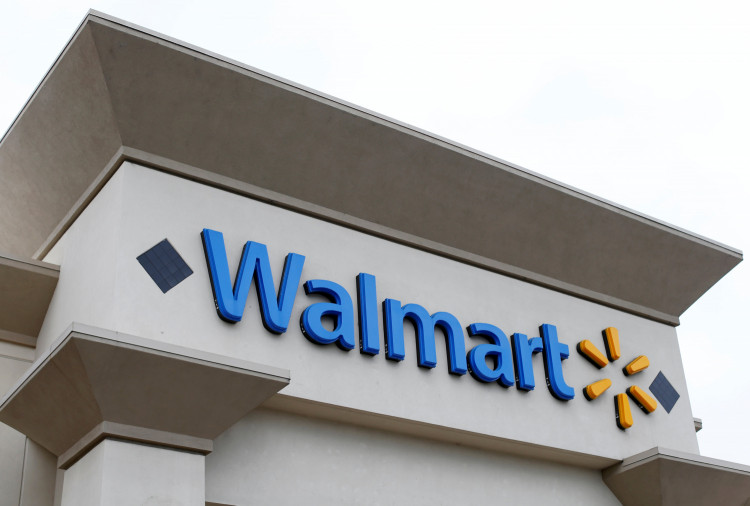Walmart Canada is reportedly looking into selling cannabis-based products, cannabidiol or CBD, a non-psychoactive chemical found in marijuana that does not cause intoxication.
The reports emerged as recreational marijuana will officially be legal in Canada starting Oct. 17. With the legalization, a market with an estimated 32 million adult consumers awaits the Canadian cannabis industry. The market could generate approximately $8 billion in retail market sales according to Reuters, citing Roth Capital Partners analyst Scott Fortune.
The Canadian recreational marijuana industry is expected to balloon to $3.3 billion within the first year alone, according to Deloitte.
In a statement, Walmart representative Diane Medieros said Walmart Canada has conducted preliminary fact-finding on the market viability of the CBD products. Walmart, however, has no immediate plans to sell marijuana at its pharmacies "at this time," Medeiros stressed.
This could suggest that Walmart may not jump onto the market on Oct. 17 or not even at the end of this year just like the majority of retailers in Canada.
Bloomberg reported there would only be a "handful" of retailers and producers that are prepared to dispense cannabis products on day one or by Wednesday next week.
To be exact, Alberta would only have 17 stores ready with cannabis products by next week. British Colombia will only have one store ready in Kamloops which is about 186 miles from Vancouver. Saskatwachen said it would only have a third of 51 retailers ready with the products by next week.
Quebec, which is Canada's largest province, is only set to open 12 stores. Finally, Nova Scotia would only have 12 retailers ready with cannabis products by Oct. 17.
The situation could result to supply shortage by next week and the months to come.
To give context, the demand for legal marijuana products is expected to reach to about more than 550,000 kilograms while there would only be about 210,000 kilograms of supply. This is according to initial estimates based on a research conducted by the University of Waterloo and the C.D. Howe Institute.
Anindya Sen, one of the researchers at the university, said the shortage of supply will continue until the first half of the year from the time marijuana is officially legal.
Most of the marijuana retailers were not prepared due to licensing problems. Authorities were not able to accommodate all retailers, producers, and growers who applied for licenses in time for the legalization.
Mathieu Fillion, a spokesman for Canada's Health Minister, said the Canadian government is well-positioned to accommodate applicants moving forward. In fact, since 2017, the government has approved 11 million square feet of spaces for growers.





